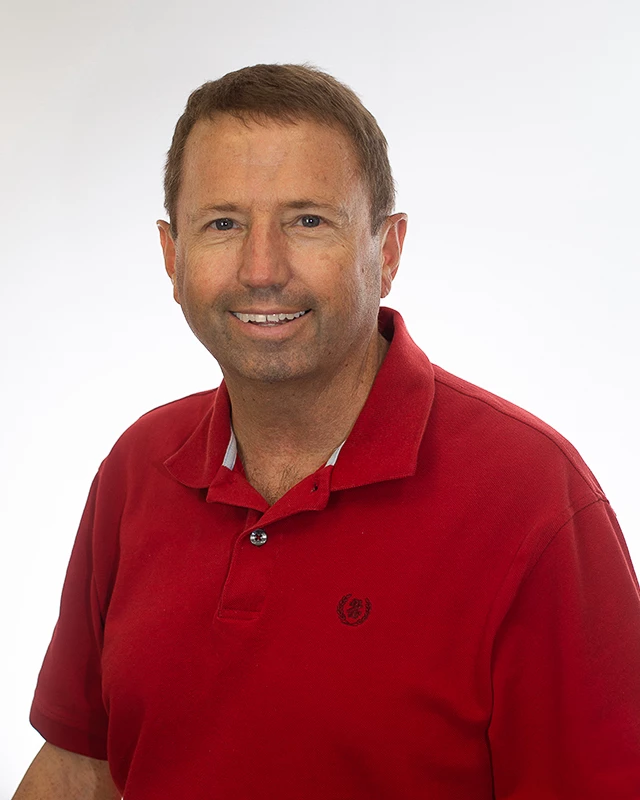A Thoughtful Theology
Five Important Shifts For Our Future Development
by ECO Synod Executive Dana Allin
In the middle of May, the ECO Synod Executive Council met for a day. We spent some time thinking about the future and looking at where we need to spend our time and energy for future development. We took a look at our mission statement, “to build flourishing churches that make disciples of Jesus Christ.” We began to ask, “what are the road blocks keeping our churches and leaders from flourishing?”
We brainstormed lot of different items and then tried to categorize all the information into a few themes. What we came up with are five shifts we feel are important in the lives of our churches. Some shifts will be more relevant to some congregations than others but, as a whole, these are important shifts for us all to make as we move forward as an ECO community and fulfill our mission.
Shift #1 – From “Clergy-Centered” to an “Unleashed Laity”
One of the things I loved about being part of the team that created the ECO polity is I know how many ways we sought to create an environment that hands more ministry over to the congregation. This includes simple nomenclature changes, like moving from “member” to “covenant partner.” It also includes a radical shift in the Presbyterian world of authorizing officers to more easily celebrate the sacraments. But even though the ECO polity helps set an expectation for unleashing the laity to do ministry, it’s vital each congregation ensure their internal culture doesn’t rebel against it.
Shift #2 - From “Safety and Preservation” to “Risk-taking and Expansion”
At our last National Gathering, Gary Haugen (IJM) talked about how churches are addicted to safety. We all can resonate with that statement; often decisions are made in order to cater to those on the inside rather than trying to reach those who not yet part of the congregation. When a church seeks to make a necessary change, it can be met with resistance. How can we, through a variety of avenues, help leaders feel the need to make church less like an aquarium where everything is kept nice and comfortable, and instead prepare people for the ocean of life?
Shift #3 – From “Homogeneous Leadership Prepared for Christendom” to “Preparing all of God’s people for a post-Christian Culture”
There are two challenges encompassed in this shift that need to be considered. First, we need to live into our value of “Egalitarian Ministry.” As stated in our values, this includes focusing on nurturing women for ministry as well as younger leaders, and raising up a diversity of leaders from a variety of ethnic and socio-economic backgrounds. Secondly, we need to shift the types of ministry we are preparing leaders to be a part of. Most people realize the Christendom model of ministry is rapidly fading away, if not gone entirely. Yet, we do not fully embrace the type of preparation necessary for leaders to serve in new contexts.
Shift #4 – From “Purely Attractional Model of Ministry” to “Missional AND Attractional”
In recent years, the debate between “missional” and “attractional” models of ministry has shifted so the two are not seen as mutually exclusive and competing, but as complementary to one another. The attractional model of ministry seeks to bring people into worship and then assimilate them into an educational opportunity in community as well as into some form of service. The missional model of ministry seeks to get smaller communities out into the world, consistently engaging with those in their culture who do not know Jesus. Sociologists who focus on the ministry of the church estimate that, nationwide, 50% of the unbelieving population can be reached through the attractional model and 50% will need to be reached through the missional model. Our churches must be able to shift to being both attractional and missional.
Shift #5 – From “An Addition/Subtraction Mentality” to “Multiplication Mindset”
The focus for churches for a long time has been on adding numbers to our congregations, which is a focus on addition. In other cases, the focus has been on slowing down the decline, a focus on subtraction.However, the church, as the Body of Christ, is an organism—and all healthy organisms multiply. While we still need to ask questions regarding addition and subtraction, the better focus is on questions of multiplication. We need to help churches of all sizes and situations see the role they can play in the multiplication of disciples, leaders, communities, and churches.
As we articulate these shifts, our goal is to help congregations and leaders be linked to a variety of resources ECO offers, but also resources outside of our tribe. We want resources where leaders and congregations can take the next step in making these shifts, regardless of where they are starting from. Also, we all can help set the environment in our Mission Affinity Groups, Pastor Covenant Groups, and Presbyteries to spur each other on in continuing this transformative work.

Pastor/Head of Staff
Jon Hathorn
Sermon Notes
You can add your own personal sermon notes along the way. When you're finished, you'll be able to email or download your notes.
